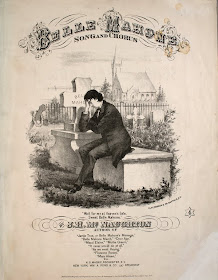
Judy Small
<
My father was a cocky as his father was before him
And I married me a cocky nearly fifty years ago
And I've lived here on this station and I've seen the seasons changing
From the drought round to the flooding, from the lambing to the wool
CHORUS:
And there've been times when I've wondered
If it all was worth the doing
And there've been times when I've thought
This was the finest place there is
For though the life here's never easy
And the hours are long and heavy
I'm quite contented nowadays
To have joined my life to his
Together through the thirties while others' lives were broken
We worked from dawn to twilight to hold on to what was ours
And at night we'd sit exhausted and I'd stroke his dusty forehead
With him too tired to talk to me and me too tired to care
Then the children came unbidden bringing laughter to the homestead
And I thanked the Lord my sons were young, too young for battle then
And I counted myself lucky to lose no one close to family
Though the neighbours lost their only son, sold up and moved to town
And the children have grown and left me for careers in town and city
And I'm proud of them but sadly for none chose station life
And now I smile to hear them talking of the hard slog in the office
For when I think of working hard I see a cocky and his wife
Another from the wonderful Judy Small.
The illustration to this site is The Drover's Wife by Russel Drysdale.
































